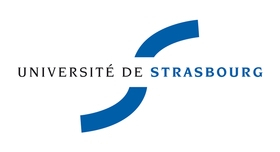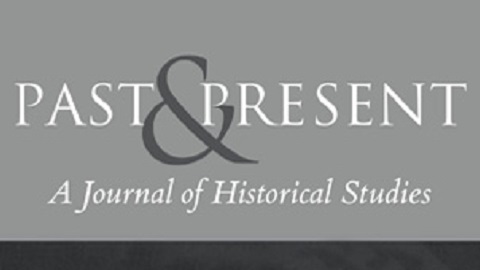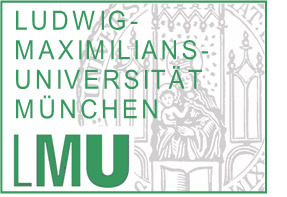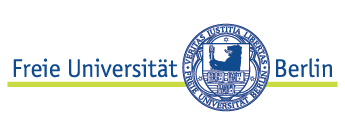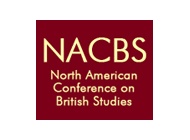Centre for Sámi Studies at UiT the Arctic University of Norway scholar Jonathan Crossen visits Carleton University in June 2025
I am a historian of organized internationalism, particularly international cooperation between Indigenous peoples in the late twentieth century. My past researched has focused on both institutions like the World Council of Indigenous Peoples (WCIP) and the individuals that contribute to their work. I am currently focused on efforts at Indigenous international diplomacy during the 1990s, including international Indigenous women’s activism; global Indigenous youth conferences; joint Indigenous responses to European seal skin restrictions; Indigenous cooperation surrounding the 1992 Kari-Oca Conference; as well as various examples of Indigenous-led economic development work.
I am based at the Centre for Sámi Studies at UiT the Arctic University of Norway in Romsa, Sápmi / Tromsø, Norway. Dominque Marshall has kindly invited to come to Carleton as a Visiting Professor and I will complete a brief research stay in June 2025.
During my time in Ottawa and Algonquin territory, I hope to gain further insight into how the synergies between various inter-governmental undertakings helped advance Indigenous rights, both directly and indirectly. Gatherings like the UN Working Group on Indigenous Populations, the 1992 UN Conference on Environment and Development in Rio, or the Arctic Council’s Ministerial meetings not only not only draw international attention to Indigenous peoples’ rights but provide space for Indigenous delegates to practice their diplomatic skills in a high-level forum. I aim to analyze this growth period while also explaining the parallel demise of the WCIP, one the first global Indigenous organizations.
Similarly, the span of time between the UN Decade for Women (1976-1985) and the International Year of the World’s Indigenous People (1993) provided bi-directional attention which led to a leap in the organization and effectiveness of Indigenous women’s collaboration. Successive conferences during and after the end of the UN Women’s Decade attracted steadily increasing participation from Indigenous women. Making new connections, they saw opportunities for collaboration and began to organize their own international conferences, and eventually, their own international organizations. During the 1990s, Indigenous peoples completed a draft the UN Declaration on the Rights of Indigenous Peoples, organized protests and commemorations of the “Columbus Quincentenary.” This work, the added attention of Rigoberta Menchú’s 1992 Nobel Peace Price win, and the proclamation of the first International Decade of the World’s Indigenous People (1995-2004) effectively forced UN bodies to facilitate increased Indigenous participation. By the time of the 1995 World Conference on Women, Indigenous women were well prepared and well situated to make their voices heard.

As well as conducting research at Library and Archives Canada and Inuit Circumpolar Council Canada, I look forward to forging new links with scholars from various units at Carleton, including History, NPSIA, SPAA, FIST, and Indigenous Studies. I aim to investigate the possibility of building an expanded international research project related to Indigenous diplomacy or internationalism.
The CNHH will organize a hybrid event around Jonathan’s work toward the end of his stay. If you are interested, please contact us at dominique_marshall@carleton.ca




